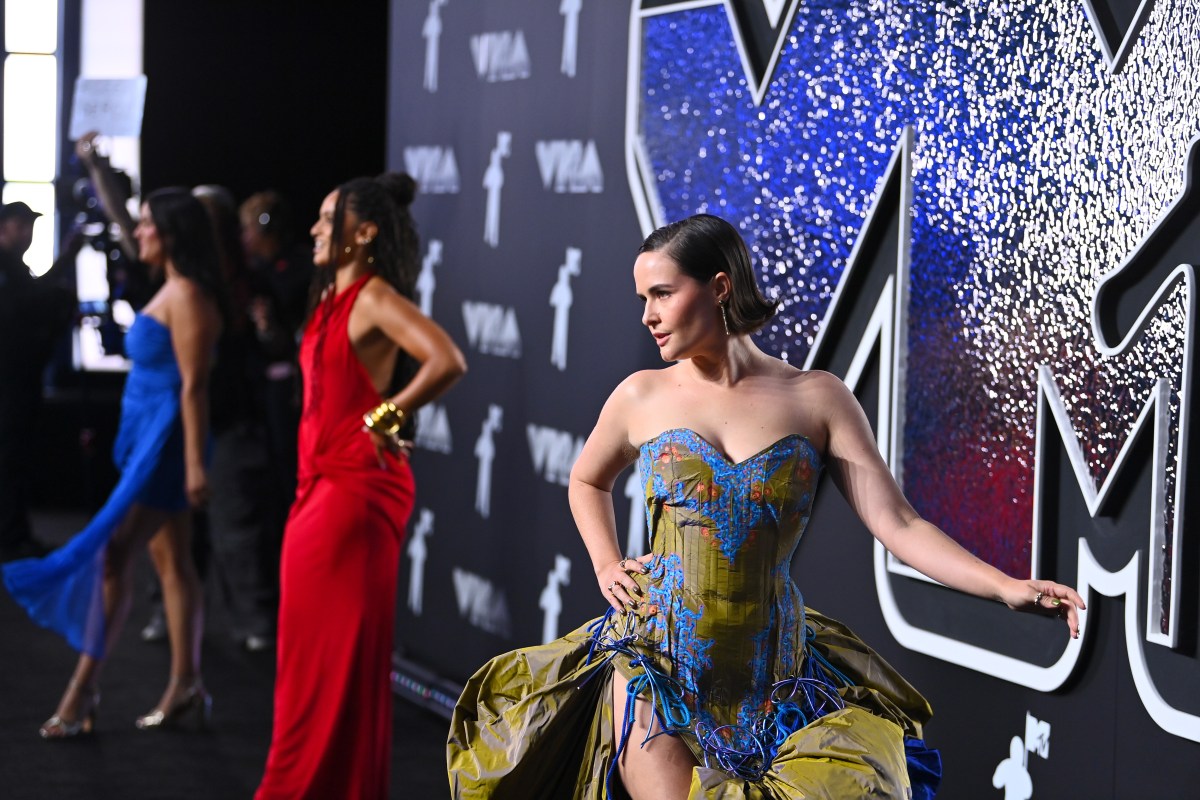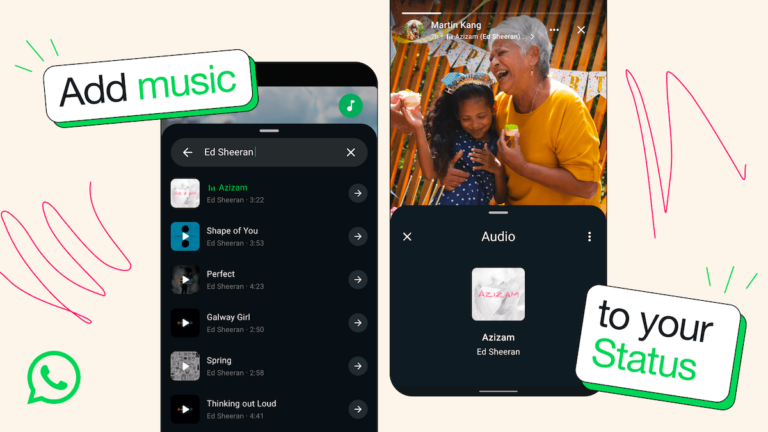TikTok Star Takes Legal Action Against Roblox Over Charli XCX ‘Apple’ Dance Controversy
TikTok content creator Kelley Heyer has taken legal action against the popular video game Roblox for allegedly using her viral dance from Charli XCX’s hit song “Apple” without obtaining the necessary permissions. This lawsuit highlights the ongoing challenges creators face in protecting their intellectual property in the digital age.
The Origins of the Viral Dance
Kelley Heyer introduced her dance in June 2024, coinciding with the excitement surrounding Charli XCX’s summer album, “Brat”. The dance quickly gained traction, becoming a sensation on TikTok and even catching the attention of XCX herself. The artist invited Heyer to perform live during her show in New York City, solidifying the dance’s popularity.
“@kelley.heyer 1 month ago I made a dance on a whim and now look at everyone dancing along and having so much fun!! Thank you @Charli XCX for this amazing song and iconic album and for 💚BRAT SUMMER💚”
Legal Dispute Over Intellectual Property
Both Fortnite and Roblox, two of the most popular games among children, adopted Kelley Heyer’s dance into their platforms. Players are able to purchase “emotes” that allow their avatars to perform this viral dance. However, while Fortnite secured permission to license the choreography, Heyer claims that Roblox did not follow suit.
Heyer’s Allegations Against Roblox
- Unauthorized Use: Heyer alleges that Roblox utilized her intellectual property without a signed agreement.
- Financial Impact: It is estimated that Roblox earned over $123,000 from selling more than 60,000 emotes featuring the “Apple” dance.
- Legal Representation: Miki Anzai, Heyer’s attorney, stated, “Kelley is an independent creator who should be compensated fairly for her work.”
Roblox’s Response
In response to the lawsuit, Roblox emphasized its commitment to protecting the intellectual property rights of creators. The company stated:
“As a platform powered by a community of creators, Roblox takes the protection of intellectual property very seriously and is committed to protecting intellectual property rights of independent developers and creators to brands and artists both on and off the platform.”
Looking Ahead
While the legal battle unfolds, both parties have expressed a willingness to reach a peaceful resolution. Kelley Heyer’s case raises important questions about the rights of content creators in the age of user-generated content and the responsibilities of platforms that host their work.
For more information on this case and similar topics, you can visit Polygon and stay updated on the rights of creators in the digital landscape.
For further insights into digital content creation and intellectual property rights, check out our related articles on Intellectual Property Rights and Content Creation Tips.







